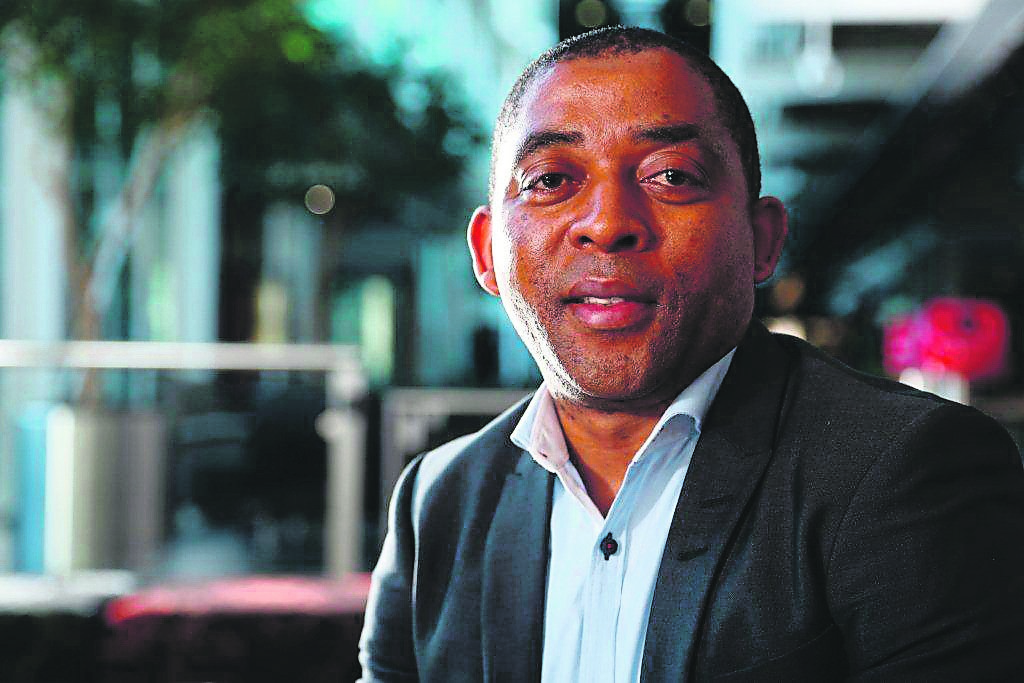
In the history of resignation letters, few will match the efforts of Greg Smith’s exit letter that was published in the New York Times.
The letter provided insights into what Smith saw as a deteriorating culture at Goldman Sachs.
Much closer to home, Bonga Bangani’s resignation letter from Investec provided a disturbing view into the nature of what sometimes drives people out of organisations.
The unique feature of resignation letters that make it into the public, is that they ventilate the types of issues that are well known within the corridors of power but are overlooked once an employee exits and the hunt for a replacement begins.
When this happens, much of what drives out some people is not addressed and simply replicates itself in another form.
Institutions that have the courage and presence of mind to address issues stand a better chance of improving their prospects of retaining the next cohort of employees.
It is for this reason that Vuyani Jarana’s resignation letter from his post as SAA CEO is such an important moment.
Read: Unions threaten to ground SAA flights if CEO Jarana leaves
Jarana outlines a range of issues prevalent at SAA, which made his job impossible to execute.
The issues highlighted in the letter were not unknown to people that deal with SAA and other state-owned companies.
The unique accountability mechanism – incorporating an executive team accountable to a board appointed by politicians, which in turn answers to political principals – is more problematic than useful.
The problems emanate first from the fact that very few politicians can be accused of possessing an intimate understanding of how companies ought to be run.
Such a limitation is exacerbated by the fact that political principals are the sole shareholder representatives of such entities.
While any other shareholder would seek to extract the best economic returns from an entity they own, in this case the shareholder representative is not burdened with the need to guarantee returns, as any losses are for society to bear.
This would be tolerable if the politicians had the presence of mind to understand their own limitations. Unfortunately, in the case of SAA, Jarana had to report to two different ministries – primarily because SAA was once the subject of a proxy war between the former president and his Cabinet colleagues.
In 18 months there were five different ministers to whom he had to account – each with a different aptitude and understanding of what the business of SAA and its prevailing challenges were. This repetitive and parallel reporting, plus the bureaucratic hurdles inherent in any ministry, paralysed the scope for making business decisions. Decision-making autonomy is fundamental for all CEOs operating within an openly competitive market, as SAA does.
Read: Can we explain the pay inequality in South Africa?
To cripple its decision-making process with the type of bureaucracy that its competitors do not have to contend with, directly compromised its competitive ability.
But even in the case where a business enjoys a monopoly like Eskom – the absence of autonomy is equally destructive.
As Phakamani Hadebe resigned as the CEO of Eskom, the key question that ought to have been asked was who exactly he sent his resignation letter to. In the current Eskom set-up there is a board of directors, a technical task team, the advisory task team, a minister who is the shareholder representative and a special Cabinet committee headed by DD Mabuza.
Such parallel structures – all apparently tasked with fixing Eskom – always run the risk of creating an accountability vacuum where everybody is responsible for something but no one is responsible for anything. Expecting any individual to then perform as a CEO in such a chaotic structure is simply ridiculous.
The common issues between Eskom and SAA are that no CEO seems to last; no board ever seems to strike the right balance between technical, operational and financial expertise; and no political principal seems to possess the intellectual honesty to admit that custody of such complicated businesses is beyond their skills set.
There is an implicit and ill-conceived assumption that political clout shares some correlation with fiduciary oversight – in spite of the evidence indicating otherwise.
The boards themselves seem to emerge from political compromises that prioritise politics above the fiduciary duty owed to the companies and the country at large.
The high turnover rates not only narrow the field of men and women brave enough to step in, but also come at a great personal and reputational cost to those who try.
Given the country’s own fractured and tenuous history, it is now accepted that the government will always seek to find CEOs that champion the cause of transformation.
And yet, given how they are all treated within the state enterprises, it is fair to say that South Africa is fast running out of competent black executives with the courage and skills to take on these jobs.
While there have been some spectacular CEO failures – particularly at Eskom – anyone with an understanding of business turnaround processes acknowledges the significant lead time required for changes to become effective.
The arrival of every new CEO brings legitimate anxieties to the entire workforce and feeds into instability.
Whether the CEOs are groomed from within or sourced externally seems to be less relevant when the executives are hamstrung at every turn.
When tenures of CEOs are short, it is inevitable that whatever ideas they promised to implement will not materialise in the short run.
Take Jarana for example.
Having started his tenure in November 2017 he retains the dubious distinction of not having been able to table a set of financial results to Parliament – simply because the financial guarantees needed for the results to be signed off have still not been provided.
When Hadebe proposed a zero wage increase at Eskom he was ambushed by politicians into conceding a financially untenable arrangement to placate the unions.
That type of interference – its intentions notwithstanding – destroyed his ability to be taken seriously at Eskom.
In times of such a crisis, the turnaround processes required to be implemented at these entities need the type of champion who is immune to the political chaos of our times.
Which is why Cyril Ramaphosa needs to remember that – these multiple accountability structures notwithstanding – he is the one ultimately accountable to the country.
And getting Jarana to stay at SAA is important not just for SAA, but for all the brave men and women who have gambled with taking on these positions and are now crying out for someone to give them the support needed to do the job.
Besides, absolutely no one in their right mind would step into SAA for as long as the issues that Jarana has highlighted are not addressed.
Sithole is a chartered accountant, academic and analyst




 Publications
Publications
 Partners
Partners









